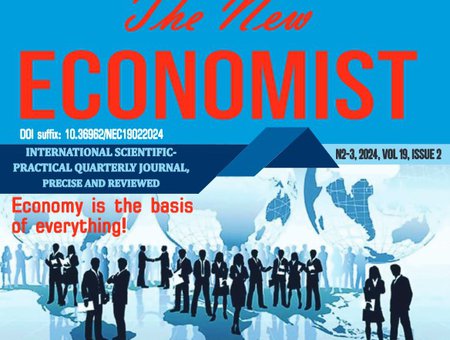The use of mechanisms and tools of legal regulation of inclusive economy in Georgia should significantly reduce the discord between some undesirable trends of globalisation and social justice, and support sustainable development of the Georgian economy.
At the current stage of development, the Government of Georgia has to deal with two hardest challenges in economy. These are the adaptation to economic regulations of the EU and the maintenance of the country’s economic security. The simultaneous solution to the problems is possible only if the intercompatibility of social justice and inclusivity of economy is achieved.
The current academic work analyses the existing socio-economic challenges in the country, based on the data generated by the National Statistics Office of Georgia.
The research shows that despite a number of some positive steps taken in the direction of inclusiveness, a number of significant problems remain in the field of fair distribution of public resources as well as in the rational management of natural and human resources.
Only through legal regulation of inclusive economy it is possible to improve the living environment, promote innovative entrepreneurship, enhance social security and medical services, reduce poverty, create jobs, etc.




